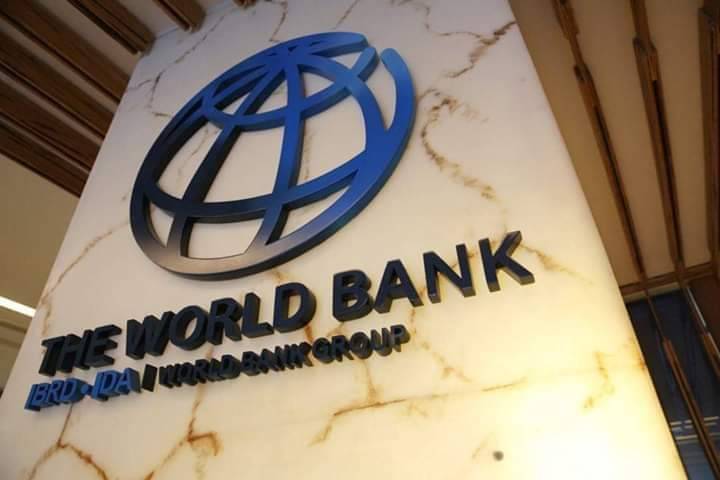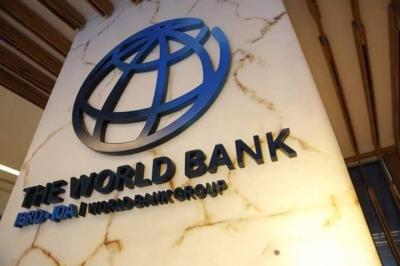Economy and Trade Minister Amin Salam announced during a press conference held today at the ministry that he has received the official approval from the World Bank's Board of Directors for an emergency loan to support wheat imports. He stated, "We wanted to hold this press conference to present some positive news, specifically regarding food security and, foremost, the issue of wheat imports. As you know, we have been working with the World Bank for about a month on an agreement for a supported loan for Lebanon worth $150 million to create a kind of stability regarding bread."
He added, "The most important thing is to rationalize bread subsidy in Lebanon. This issue has been of great concern in Lebanon in a very short time, and on a national scale, we have seen an impact on payments, as the Central Bank of Lebanon is unable to open credits permanently due to very limited reserves. Therefore, to avoid the country falling into a crisis affecting the citizens' livability, we wanted to preempt any disruption and work on a program like the one we devised with the World Bank. This program is not fundamentally different from any program under the umbrella of social support, and all loans that are part of the social support framework in the country."
He continued, "One component of social security is food security. Consequently, after the Russian-Ukrainian war, we became increasingly concerned about the disruption of this material supply, particularly regarding wheat imports. The World Bank has exceptionally worked with us very quickly to secure an emergency loan that is very well supported for Lebanon. The Chairman of the World Bank informed me that Lebanon is the first country to receive approval for an emergency loan aimed at food security."
He said, "I received the official approval this morning from the World Bank's Board of Directors. We have details about this loan that need to be clarified to the public regarding how we will handle this loan, which initially came in at $135 million as a supported loan for Lebanon, of which $15 million is considered a concessional loan with light interest rates but significant returns for Lebanon. We cannot afford any disruption concerning bread, especially under current circumstances."
He further stated, "This project was approved today, and we have two Cabinet sessions this week and next. I hope to finalize the project in the Cabinet and refer it to the new Parliament for approval after review. We hope these matters proceed swiftly, as from the date of approval, this process may take between a month and a half or two months before it begins to operate."
He added, "What we want to assure the people is that we still have quantities of flour that the Central Bank will continue to support, and there are shipments scheduled for this week. There was some delay in determining the credits that will be paid. I spoke yesterday with the Governor of the Central Bank, and today I spoke with the Minister of Finance, so this issue will provide us in the market with around 60 to 70 thousand tons of supported wheat. This means that during the time we work to secure the Lebanese side's approval for the agreement with the World Bank, the market should be covered with supported wheat so that we do not encounter any disruption."
He reiterated, "I want to emphasize that the most important thing is ensuring support for wheat for Arabic bread. Steps must be taken in the coming weeks to clarify the mechanism that will be followed to rationalize this issue, ensuring materials and maintaining the stability of the bread bundle for about nine months. Until this agreement is implemented, we hope that relief comes to Lebanon and the Lebanese people. We cannot accept random lifting of subsidies on bread since we have seen the repercussions of subsidy cuts without a plan. The most important thing is that we have structured a program that alleviates the burden on the citizen and the sector while maintaining the price of the bread bundle without sudden and unplanned subsidy cuts that lead to hardship."
He added, "The goal is stability, rationalizing support, and maintaining prices until solutions are found and things improve from now until the next nine months."
In response to a question, Salam confirmed that "upon the Parliament's approval, this loan will be executed through a specific mechanism, and a month and a half from today, we will not hear of any issues. We have done this to relieve the Central Bank and the bread bundle from all financial hurdles."




